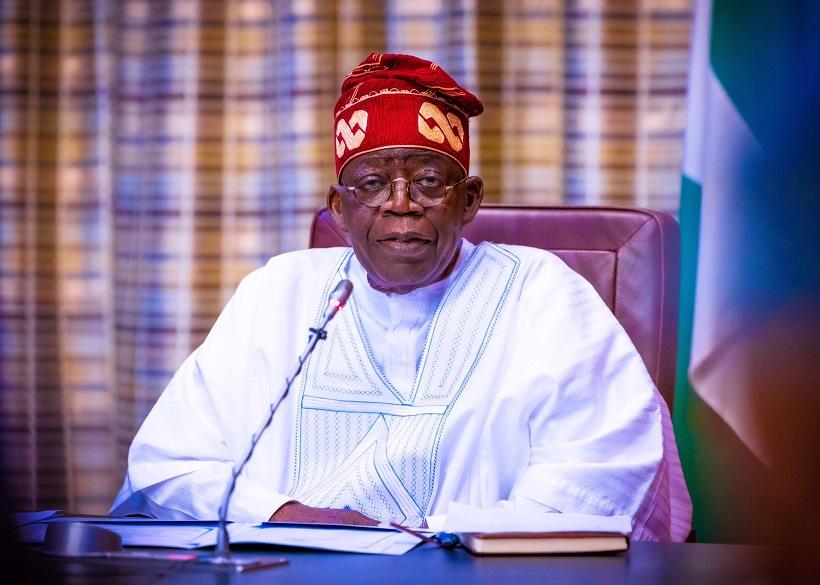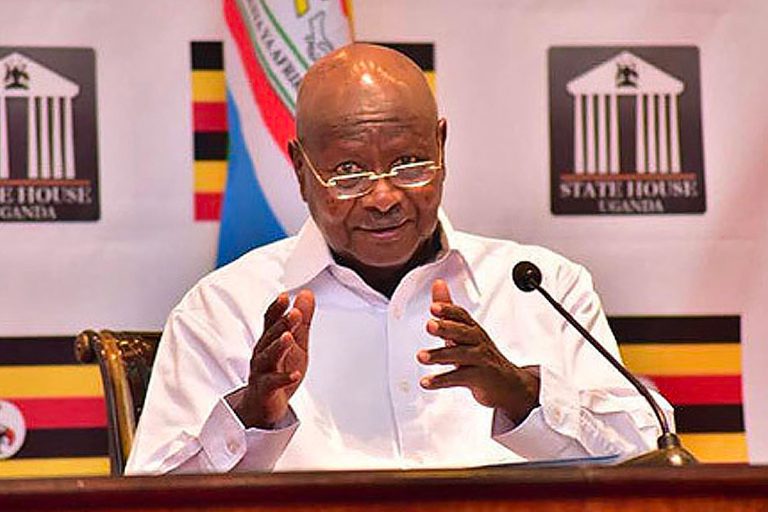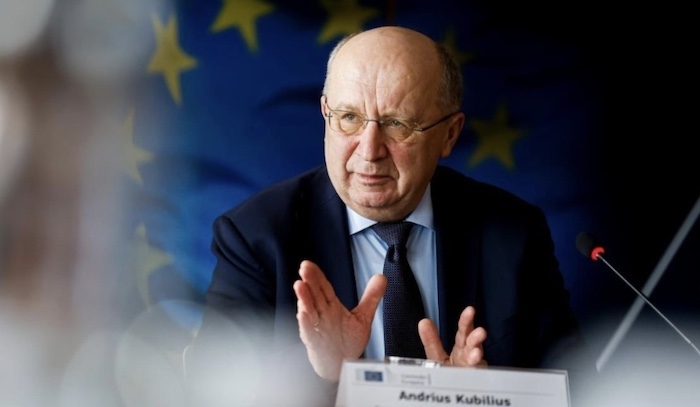
President Bola Ahmed Tinubu has reaffirmed his administration’s commitment to supporting the Dangote Refinery’s ambitious expansion plan, which will see its processing capacity increase from 650,000 barrels per day (bpd) to a staggering 1.4 million bpd.
Represented by the Minister of State for Petroleum Resources (Oil), Heineken Lokpobiri, President Tinubu gave the assurance on Monday at the 19th OTL Africa Downstream Conference and Exhibition held in Lagos.
Describing the project as a “game-changer” for Nigeria, West Africa, and the global energy market, Tinubu said the expansion would not only ensure Nigeria’s self-sufficiency in refined petroleum products, but also position the country as a key energy supplier across the African continent.
“Our administration is fully committed to supporting private sector investments that drive value addition and promote energy security,” the President said through Lokpobiri.
“The Dangote Refinery’s expansion aligns perfectly with our goal of building a competitive downstream sector under a deregulated market framework.”
A New Global Benchmark
Once completed, the ongoing expansion will make the Dangote Refinery the largest single-train refinery in the world, overtaking the Jamnagar Refinery in India.
Speaking at a press conference in Lagos on Sunday, Aliko Dangote, President of the Dangote Group, said the move demonstrates confidence in Nigeria’s economic direction and reflects Africa’s growing ability to shape its own energy future.
“We are more than doubling capacity, from 650,000 barrels per day to 1.4 million,” Dangote announced.
“This will make it the largest refinery in the world. It’s a statement of confidence in Nigeria, in Africa, and in our capacity to take control of our energy destiny.”
Driving Africa’s Energy Independence
According to Lokpobiri, the expansion fits into Nigeria’s broader vision of reclaiming a share of Africa’s vast hydrocarbon market. He cited data indicating that African nations imported over $120 billion worth of petroleum products in 2024, despite the continent’s rich crude reserves.
“Africa clearly has the market,” he noted. “What we need is the financial capacity and distribution infrastructure to keep that value within the continent. For Nigeria, our goal is to capture a significant share of that market and reduce our dependence on external refineries.”
The Minister emphasized that the Federal Government will continue to create an enabling environment for investors in the energy and downstream sectors, stressing that partnerships like this are crucial to realizing Nigeria’s long-term energy ambitions.



